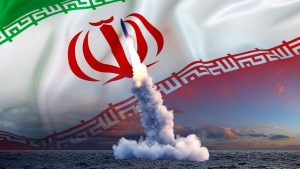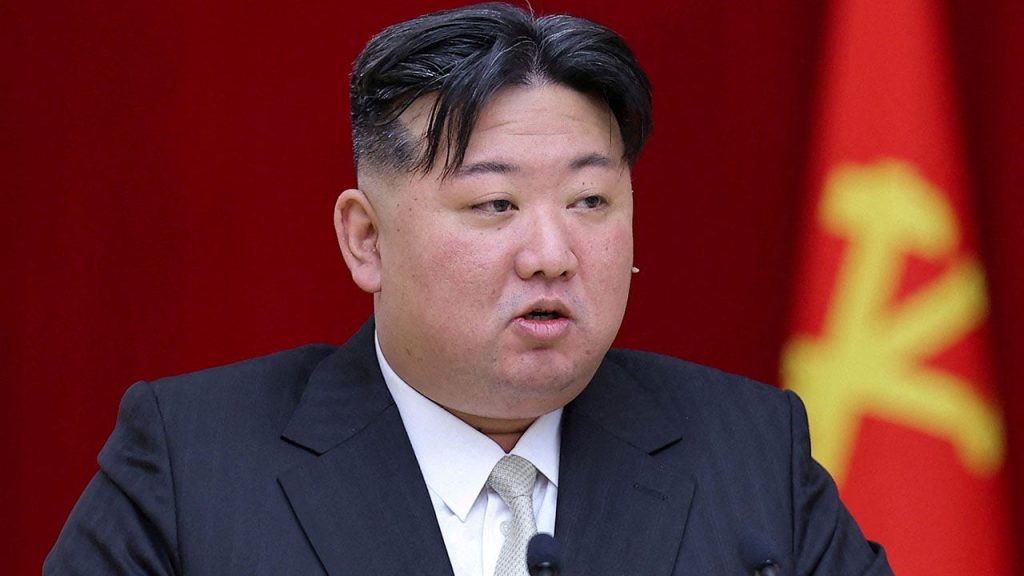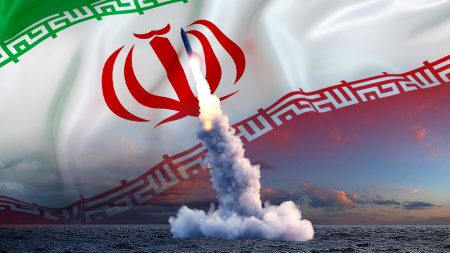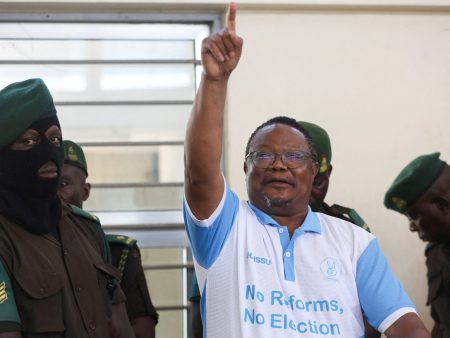The political landscape of South Korea has been thrown into turmoil following President Yoon Suk Yeol’s unsuccessful attempt to impose martial law, drawing sharp condemnation from North Korea and fueling domestic unrest. The incident, which unfolded amidst a governance crisis and looming impeachment threats, has exposed deep vulnerabilities within South Korean society and raised questions about President Yoon’s political future.
North Korea, in its first official response to the incident, lambasted South Korea as a “fascist dictatorship” through its state-run news agency, KCNA. The regime accused President Yoon of resorting to an “insane act” reminiscent of past military coups, highlighting the severity of the situation and the international community’s growing concern. KCNA further emphasized the widespread condemnation within South Korea itself, noting the outrage from various sectors of society, including the opposition party, which further intensified calls for impeachment.
The failed martial law declaration unfolded against a backdrop of political instability and public discontent with President Yoon’s leadership. Faced with a serious governance crisis and the threat of impeachment, the president’s drastic move to impose martial law was ultimately blocked by the legislature, averting a potential constitutional crisis. However, the incident left an indelible mark on the political landscape, intensifying calls for accountability and raising questions about the president’s judgment and motives.
The attempted suicide of former defense minister Kim Yong Hyun, who was detained in connection with the martial law declaration, further underscores the gravity of the situation. While officials successfully intervened to prevent the tragedy, the incident highlights the immense pressure and personal consequences faced by individuals caught in the political crossfire. This incident adds another layer of complexity to the ongoing investigations surrounding the martial law declaration and further intensifies public scrutiny of the government’s actions.
The political fallout from the failed martial law declaration continues to reverberate through South Korea. The main liberal opposition Democratic Party, emboldened by the initial failed impeachment vote, is determined to pursue a second impeachment vote against President Yoon. This persistent push for accountability reflects the deep-seated dissatisfaction with the president’s leadership and the ongoing concerns about his fitness for office.
The unfolding political drama in South Korea has captured the attention of the international community, raising concerns about the stability of the region and the future of inter-Korean relations. The incident serves as a stark reminder of the fragility of democratic institutions and the potential consequences of unchecked executive power. As South Korea grapples with the aftermath of this crisis, the focus remains on holding those responsible accountable and restoring public trust in the government. The upcoming impeachment vote will undoubtedly be a pivotal moment in determining the course of South Korean politics and the future of President Yoon’s presidency.










